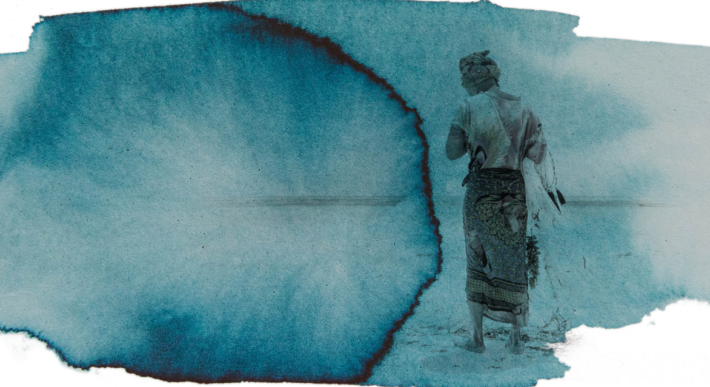South Africa

Hub’s researchers work closely with fisher communities in South Africa. Photo: Casey Pratt

South Africa has more ocean territory than land. The two oceans (Indian & Atlantic) around the country provide a range of ecosystem services and offer the potential to support a sustainable ‘blue economy’. The country is promoting rapid economic expansion that raises critical challenges of how to balance multiple ocean uses, cultural and spiritual needs, and ecological sustainability. The overarching goal of the Hub’s research is to support blue economy developments on a scale that is socially and economically justifiable and ecologically sustainable.
To achieve this, we must develop approaches to marine planning that are inclusive, participatory, and integrated across multiple sectors of use. Working with fisher communities, civil society, and management authorities, our research aims to:
- Understand the needs of multiple fisheries active in South African waters (small scale, recreational, and commercial) in order to achieve a fair balance and distribution of resources.
- Develop and demonstrate inclusive, participatory methods for use in ocean governance.
- Develop tools and models to support decision makers by enhancing predictive capacity on the impact of climate change on marine ecosystems.
As part of the Algoa Bay Project, our work will contribute to demonstrating integrated and inclusive ocean management, using systems thinking and Marine Spatial Planning as a tool.
Underpinning sustainable management of the ocean, is understanding of the marine ecosystems from multiple perspectives. Our work aims to build capacity to undertake deep-sea research, and enhance awareness and knowledge of the multiple marine ecosystems and their contributions, as they are understood in different knowledge systems.

South Africa film footage by: Amehlo Productions. Ghana film footage by: Nessim Stevenson / What Took You So Long?


